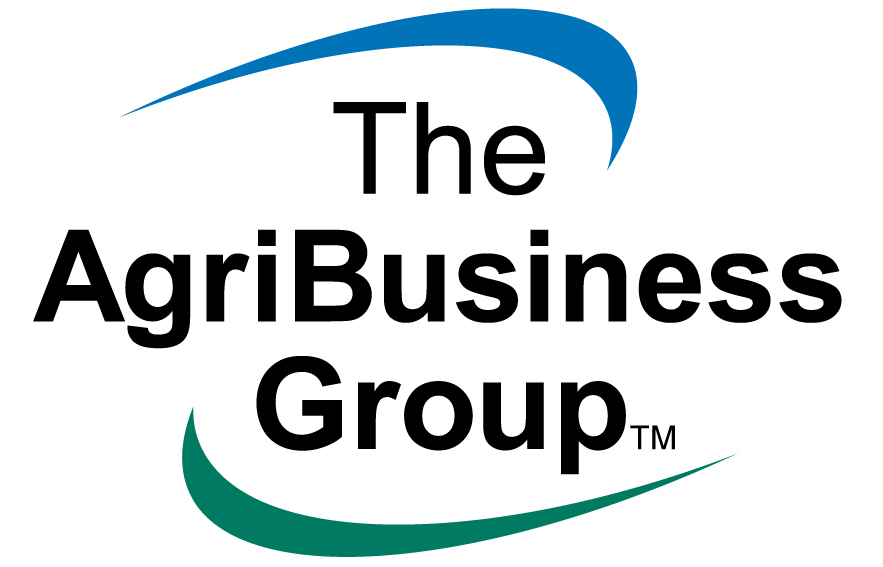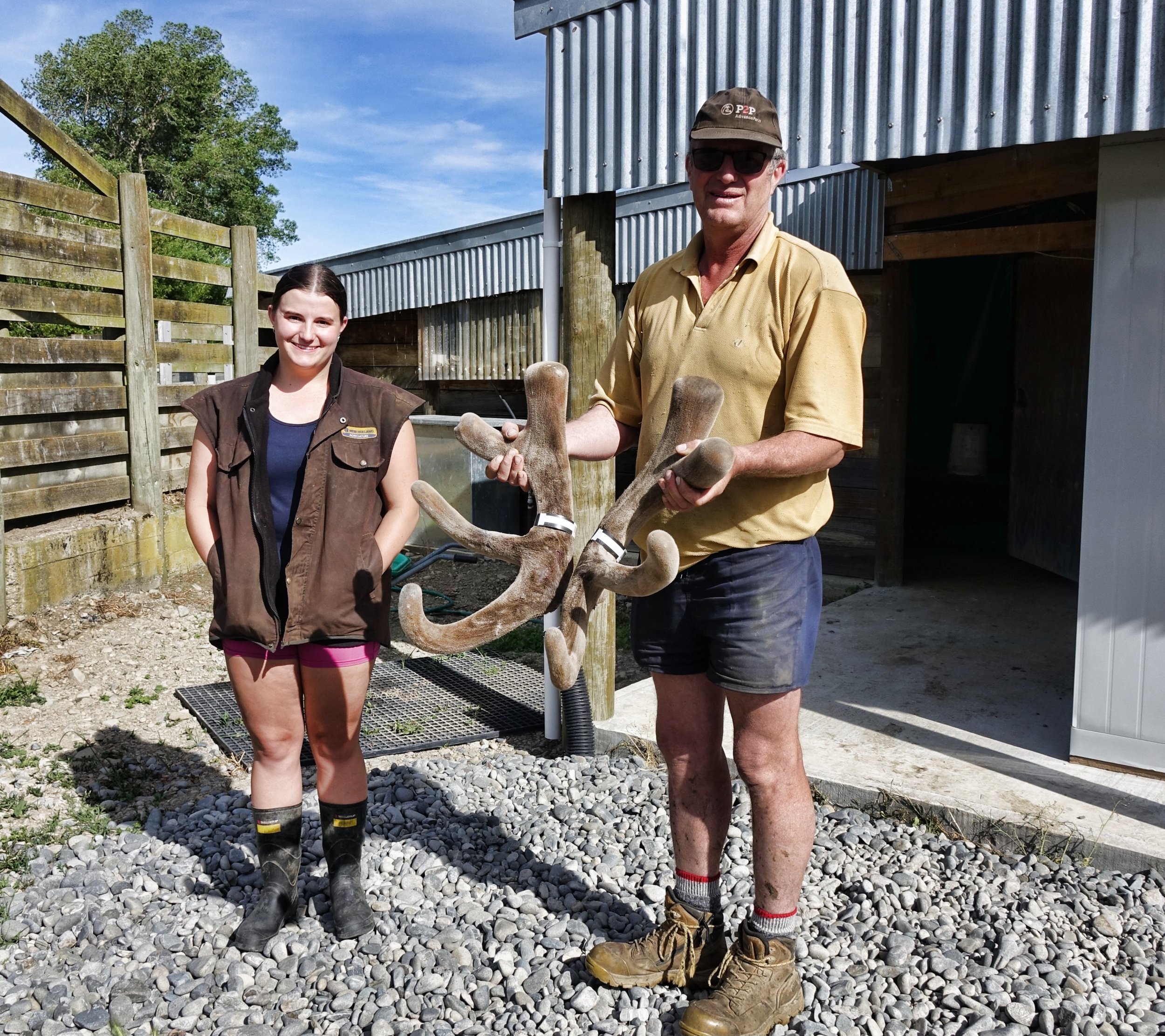A Helluva Hard Year
Sheffield Deer Farmer Stu Stokes – talks flooding, covid, mental health & navigating legislation
It’s been a tough one. A year of significant challenges has hit many Cantabrian farmers. Chatting to Stu Stokes and daughter Holly, I came to understand just how hard. Over the past two years Stu has lost a brother to cancer, lost his best mate, faced Covid market challenges, dealt with flooding and huge winds and to top it off the “bloody Sheffield Pub burnt down!”. Through all this, legislation changes requiring implementation of a Farm Environmental Plan (FEP), which is audited, is actually helping Stu with the direction and management of his business, “…to do nothing isn’t an option”.
Stu has fenced off the Hawkins River which runs through his farm.
Stu and Julie Stoke’s Sheffield farm has spectacular views of the Southern Alps. Stu lights up when he talks about his deer - they are his passion. The farm has 1000 hinds and 800 velveting stags on 340 hectares. Prior to covid-19 venison prices were strong. A little too strong perhaps – well ahead of lamb and beef, ripe for a fall. Restaurants are the major buyer for venison and when Covid hit the world prices plummeted – ...” demand dried up pretty much overnight... whereas lamb has taken off in China, venison is in a very formulative stage. It’s emerging but has some ways to go yet.” Thank goodness for diversification – with venison prices so low, velvet has been a savior – and is the main focus for Stu’s business.
Stu and Holly Stokes - Velvet
Mental health and viability are key concerns. The floods hit Stu hard. The Hawkins River runs through the farm. During the Canterbury flooding in May, the river breached its banks and the farm was submerged. Many fences were taken out and six months on tidy up is ongoing. Neighbours, family, and the Deer Industry has got him through. Stu speaks positively about the support he received after the flooding – although the emotional toll is still ongoing. The relief pack through MPI was quick and easy to access. Whilst it didn’t cover everything, he valued the acknowledgement of the severity of the flood damage. Stu has learnt that no matter what challenge you are up against, there is someone out there who has faced it – who has been there done that, and come out the other side. Being able to chat through the challenges and use like-minded people as a sounding board is critical. Stu has had to learn to accept offers of help, ”…don’t be too proud”.
Stu works by himself but by no means is a one-man band. He sees his farm as, “...a reflection of the people I associate with”. First and foremost are other farmers and discussion groups who give you the confidence to make change, closely followed by his vet, his agronomist and trusted farm consultants. He believes there is tremendous benefit in the Deer Industry discussion groups and considers this connection critical to farming in New Zealand today.
Views from Stu and Julie’s farm to the Southern Alps.
Legislation is a key challenge. Stu has an Ecan consent to use water from an artesian spring. As part of the consent, he must have a Farm Environmental Plan (FEP). Due to the complexity of the farm the Deer Industry supported Stu in developing his plan. The plan has become a template for other deer farmers to use and adapt. The process of pulling the plan together was beneficial as it helped him understand the progress that has been made, “there has been rapid change over the last ten years and a lot of behavioral change”. The FEP helps give clarity to the journey – the past, present and future potential. Stu has embraced these changes – he direct drills rather than fully cultivating his land and has fenced off the waterways on his farm. The plan is to complete further planting along the waterways – an order for plants has just been made. Stu underwent his first Farm Environmental Audit earlier this year, thinking, “…not another bloody audit”, he was stressed about this process, “…someone was coming into your bubble, I was fearful at the start of it”.
Dave Lucock, from the AgriBusiness Group audited, Stu describes him as a “the ducks nuts”. It was not an audit like farmers know. He had a conversational style and didn’t spend his time in his clipboard. He treated the audit as an assessment and a learning opportunity. Dave was really practical. He showed Stu and Holly the Bucket Test app that tests distribution uniformity and application depth. Stu thinks a lot of the stress in preparing for an audit can be minimised. He recommends, “Treat it as an assessment – pick who audits you... we were bloody lucky with Dave”. The other key thing is to keep evidence and photos - have these readily available. It demonstrates that you do what you say you do. Stu found that the audit process wasn’t a pass or a fail. For him it was about balance, “growing the environmental side without hurting the economical side too much’. Stu is a huge advocate for calling the audit an ‘assessment’. Dave helped Stu, “recognise our wins and our weaknesses… it wasn’t focused on what you didn’t do”.
Stu believes that over-complication and over-regulation is a key risk for the industry. Over complication will cause farmer disinterest and mean out-sourcing the audit process to farming consultants. This would cause disengagement from the process. He believes that the Farm Environment Plan process is the most practical thing that has come of regulations, “…keep things practical, practical people can deal with it”.
Dave Lucock from The AgriBusiness Group acknowledges the significant and rapid change over the past decade, …”as Farm Environmental Consultants we work in partnership with farmers to make sense of requirements and offer both balance, and a way forward”. Implementation of new legislation including the Three Waters Reform Programme, and He Waka Eke Noa will require navigation, “...Our jobs as advisors are to break this down into simple practical steps for farmers”. The AgriBusiness Group provide a range of these services for farmers, including Fresh Water Farm Plans, Auditing and Nutrient Budgeting.
Looking forward, Stu believes he has the support networks around him to meet future challenges, now more than ever …” don’t be afraid to ask for help, treat it as an assessment, not an audit… it helps you understand where you are now and where you are you going”.
Any comments or questions? Leave them in the comment box below or contact Dave directly on 027 258 0771. If you are needing help with your farm environment plan or audit get in touch.
Article written by Chrissy Wright-Stow.












